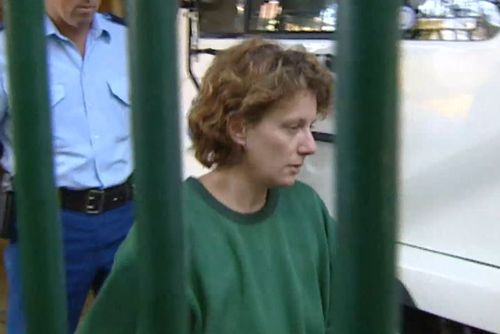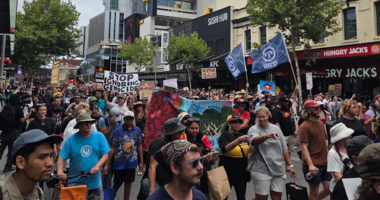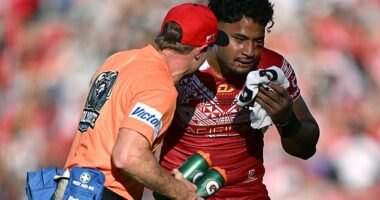Share this @internewscast.com
An Australian woman, exonerated from charges of killing her four children, finds herself in a state of uncertainty as she awaits compensation from the state government.
Her conviction was quashed in 2023 and Folbigg was released from prison after two decades behind bars.

Now residing in Newcastle, Folbigg’s efforts to begin a new chapter in her life are stalled due to the NSW government’s disregard of her compensation request, according to her lawyer, Rhanee Rego.
Rather than pursuing a lawsuit against the government for wrongful imprisonment, Rego has proposed seeking an ex gratia payment to sidestep the expenses and duration of another legal battle.
An ex gratia is a voluntary payment is made without legal obligation, often as a gesture of goodwill.
NSW Attorney-General Michael Daley is in charge of approving an ex gratia payment.
It is understood Daley has declined to meet with her before he decides.

“There really is no comparative case at which we can set the amount that she may receive, I’ve suggested that around $20 million would be far, that’s around a million for every year that she served,” criminologist Xanthe Mallett told 9News.
“If she has to go forward and sue the government, that would take a very long time and it could also be expensive for her.”
NSW Premier Chris Minns said it was rare that a payment like this would be made outside of a civil court.
”I don’t think it’s appropriate to have meetings before he makes his decision,” Minns said of the attorney-general.

There have been cases of Australians successfully suing the government over wrongful convictions.
In 1995, David Eastman was offered $3 million by the ACT government after spending 19 years in prison for murder, but he challenged that payment and was awarded $7 million .
In 2014, the South Australian government paid Henry Keogh $2.57 million after his conviction for killing his fiancee was overturned.












